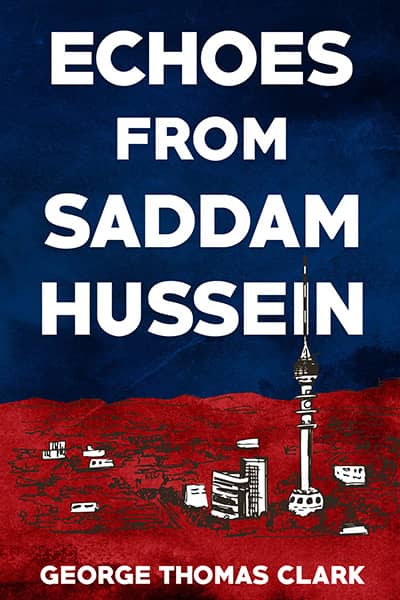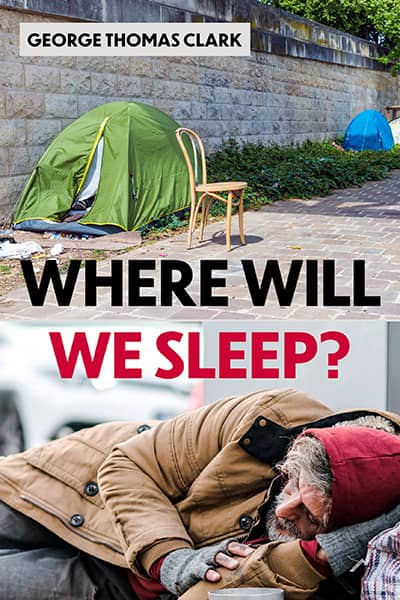New Orleans Cries for New Priorities
September 6, 2005
As thousands of human and animal corpses decompose in waters contaminated with the detritus of a recently great city now synonymous with devastation, there is – as in every catastrophe – an implicit and utterly overwhelming demand to learn something, to avoid or at least diminish the horror of a similar experience. So what are the lessons from this? What can we conclude?
First, most have soberly declared this a natural disaster and not blamed sinful people or an insensitive God, and acknowledged that heat and wind and water unconsciously conspired with gravity to hurl waves of fury at a densely populated area below sea level. Out of every nine such storms, one and a half hit land, and that land isn’t always packed with humanity. It was bad luck, it was no luck, a long shot of tragic fate. It was also inevitable. And those with both the scientific knowledge and civic responsibility had been saying so. In 2001 the Federal Emergency Management Agency warned that a huge hurricane threatening New Orleans was one of the three catastrophes most likely to strike the United States. (Another was a terrorist attack on New York. Whatever the third warning was, examine it carefully.)
Rather than adequately strengthening and rebuilding levees holding back the mighty Mississippi River and Lake Pontchartrain, which almost envelop New Orleans, the President of the United States slashed the $100 million requested this year by the Southeast Louisiana Flood Control Project and offered $16.5 million. Congress ultimately funded $34 million. The president is such a prolific political fundraiser he could’ve generated that much cash during a week of backslapping lunches with wealthy cronies. Instead, two days ago he had to pledge $10.5 billion in immediate disaster relief. An ounce of prevention…
The next issue is also financial, and generally larger than any single president, though presidents who start expensive wars that drain manpower certainly exacerbate the difficulties. The United States is spending more than $400 billion a year on defense. Depending on whose statistics you quote, that’s more than the next 10 or 12 nations combined or more than all nations together. That, at minimum, is strange. It probably is pathological. It is definitely a lot of our loot of which too much goes for $500 coffee pots and $500 million weapons systems that don’t work well or at all except for those paid to produce them. And while members of the National Guard are fighting (and often dying in) an unnecessary war in Iraq, they’re unavailable for real emergencies at home. Several thousand more trained troops from Louisiana and Mississippi could have been there rapidly with additional food and medical aid and aircraft and trucks. Next time, make sure the Guard and the hardware are home.
We also must, above all, consider the people most damaged by this catastrophe. They are black and they are poor. They are, or were, 70% of the population in New Orleans where 30% of the people live, or lived, in poverty. Those with cars and credit cards and friends with safe places out of town were most likely to escape. The poor, those without the means to leave, those “throwaway people” we’ve been reading about or watching on TV, are the ones who most need the help of this nation and its incomprehensible wealth. On rooftops surrounded by water, floating face-down in cesspools, wading from stores, desperately laden with hot merchandise, they are the ones who are shouting: “Give me a hand. Help me get an education. Help me find a job that will pay the rent. Do something. For God’s sake, at least get me out of here.”














